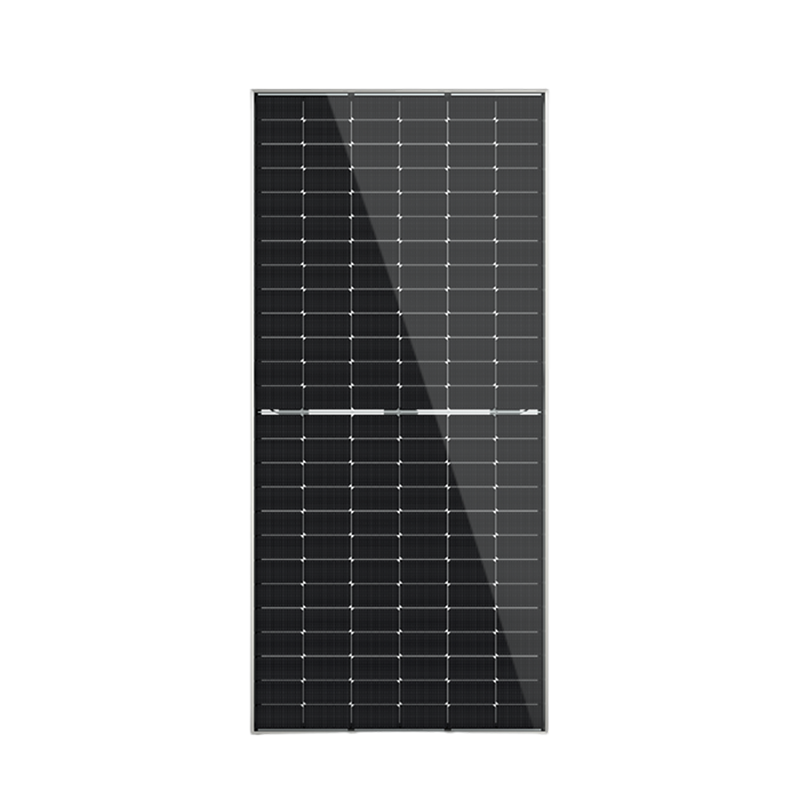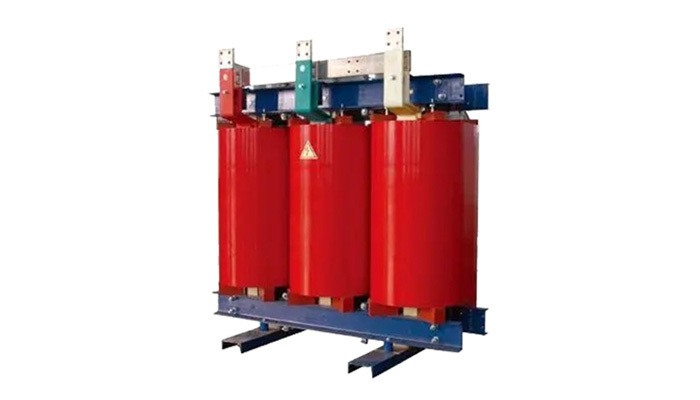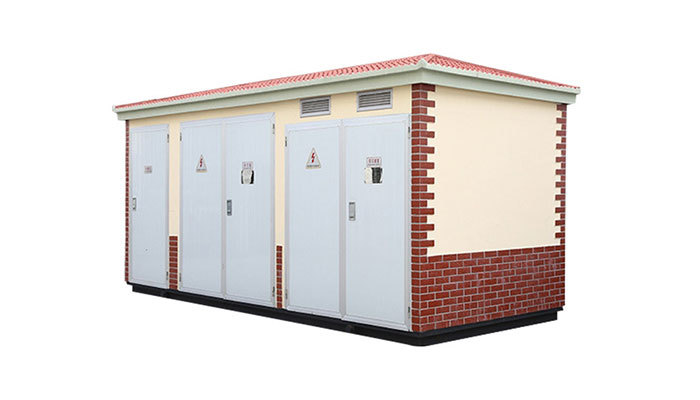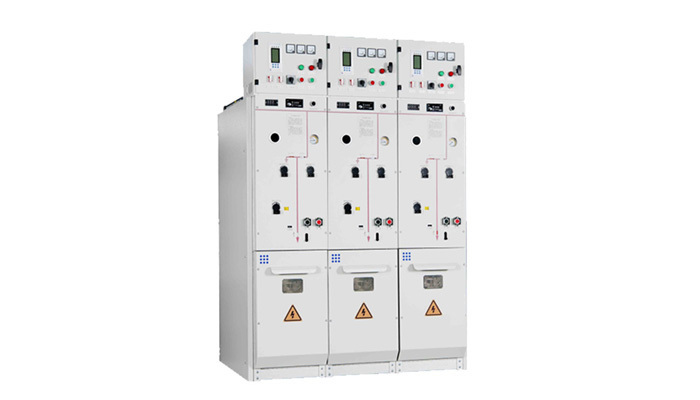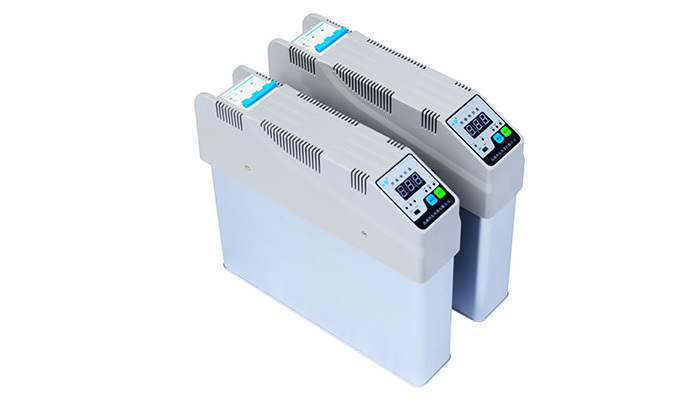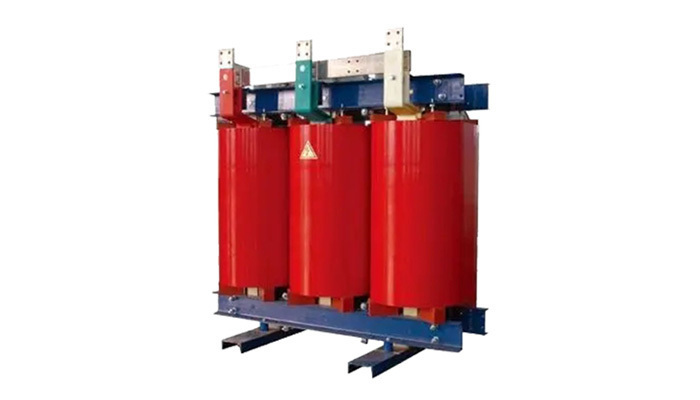A Step-by-Step Guide to Buying Intelligent Liquid Crystal Capacitors Online
Release time:
2025-06-03
A Step-by-Step Guide to Buying Intelligent Liquid Crystal Capacitors Online
Table of Contents
- 1. Introduction to Intelligent Liquid Crystal Capacitors
- 2. Types of Intelligent Liquid Crystal Capacitors
- 3. Key Specifications to Consider
- 4. Sourcing Intelligent Liquid Crystal Capacitors Online
- 5. Top Vendors for Purchasing Online
- 6. Installation Tips for Liquid Crystal Capacitors
- 7. Frequently Asked Questions
- 8. Conclusion
1. Introduction to Intelligent Liquid Crystal Capacitors
In the rapidly evolving world of electronics, **intelligent liquid crystal capacitors** have emerged as a crucial component in various applications, including telecommunications, automotive, and consumer electronics. These capacitors are not only designed to store electrical energy but also feature smart functionalities that improve their efficiency and performance. As technology continues to advance, understanding how to purchase these components online becomes imperative for engineers, hobbyists, and manufacturers alike.
In this guide, we will walk you through the essential steps and considerations for buying intelligent liquid crystal capacitors online. By the end of this article, you will be equipped with the knowledge needed to make informed purchasing decisions.
2. Types of Intelligent Liquid Crystal Capacitors
When selecting intelligent liquid crystal capacitors, it’s vital to understand the different types available on the market. Each type has unique characteristics and applications, catering to various consumer needs.
2.1. Electrolytic Capacitors
Electrolytic capacitors are widely used for their high capacitance values and ability to handle large amounts of charge. They are ideal for applications requiring **bulk energy storage**, such as power supply circuits.
2.2. Ceramic Capacitors
These capacitors are known for their stability and reliability. They are typically used in high-frequency applications due to their low equivalent series resistance (ESR). Ceramic capacitors are often a preferred choice in **filtering** and **decoupling circuits**.
2.3. Film Capacitors
Film capacitors are favored for their durability and excellent performance across a wide range of frequencies. They provide low levels of **leakage current** and are often used in audio and high-frequency applications.
3. Key Specifications to Consider
When purchasing intelligent liquid crystal capacitors, several specifications should guide your decision-making process. These specifications ensure that the capacitor will perform as needed in your specific application.
3.1. Capacitance Value
The capacitance value is key to determining how much charge the capacitor can store. It is measured in farads (F); however, for practical purposes, microfarads (μF) or nanofarads (nF) are often used. Choose a capacitance value that aligns with your circuit requirements.
3.2. Voltage Rating
The voltage rating indicates the maximum electrical potential that the capacitor can handle without breaking down. It is crucial to select a capacitor with a voltage rating greater than the maximum voltage expected in your application.
3.3. Temperature Range
The operational temperature range affects the capacitor’s performance and lifespan. Ensure the capacitor you select can function efficiently within the temperature conditions of your application.
3.4. Equivalent Series Resistance (ESR)
ESR is an essential factor for performance, particularly in high-frequency applications. A lower ESR means less heat generation and improved efficiency, making it a critical specification to consider when selecting a capacitor.
4. Sourcing Intelligent Liquid Crystal Capacitors Online
With numerous online platforms available for purchasing intelligent liquid crystal capacitors, it is essential to know how to navigate these resources effectively.
4.1. Researching Reputable Suppliers
Start by identifying reputable suppliers that specialize in electronic components. Look for suppliers with positive customer reviews, industry certifications, and comprehensive product offerings. Websites like Digi-Key, Mouser Electronics, and Newark are great places to begin your search.
4.2. Comparing Prices and Specifications
Once you have identified potential suppliers, compare prices and specifications among different products. This step will help you find the best value for your money while ensuring the capacitor meets your specific needs.
4.3. Checking Inventory Availability
Before finalizing your purchase, confirm that the supplier has the desired intelligent liquid crystal capacitor in stock. Some suppliers may have limited inventories, which can affect your project timeline.
4.4. Understanding Shipping and Return Policies
Familiarize yourself with the supplier’s shipping options and return policies. This knowledge can save you time and frustration in the event that you need to return or exchange your purchase.
5. Top Vendors for Purchasing Online
When it comes to buying intelligent liquid crystal capacitors, several vendors stand out for their reliability, variety, and customer service.
5.1. Digi-Key Electronics
Digi-Key is a leading distributor of electronic components, offering an extensive selection of intelligent liquid crystal capacitors. Their website features detailed product descriptions, reviews, and competitive pricing.
5.2. Mouser Electronics
Mouser is another reputable distributor known for its vast inventory of electronic components. They provide excellent customer service and comprehensive technical support, making it easier for customers to find the right products.
5.3. Newark
Newark prides itself on providing quality electronic components to both businesses and hobbyists. Their platform offers user-friendly navigation, making it simple to find intelligent liquid crystal capacitors based on specific requirements.
5.4. Allied Electronics
Allied Electronics is known for its vast product range and commitment to customer satisfaction. Their website offers detailed product specifications, making it easy to compare different intelligent liquid crystal capacitors.
5.5. Arrow Electronics
Arrow Electronics specializes in providing high-quality electronic components for various industries. Their platform includes expert advice and resources to assist customers in making informed purchasing decisions.
6. Installation Tips for Liquid Crystal Capacitors
Once you’ve successfully purchased intelligent liquid crystal capacitors, proper installation is crucial for optimal performance. Below are some essential installation tips.
6.1. Preparing the Circuit Board
Ensure that the circuit board is clean and free from any debris or dust before installation. This step helps provide a stable connection and enhances the capacitor's performance.
6.2. Correct Polarity
For electrolytic capacitors, pay close attention to polarity. Installing the capacitor in reverse can lead to failure and potential damage to the circuit.
6.3. Soldering Techniques
Use appropriate soldering techniques to ensure a secure connection. Avoid overheating, as excessive heat can damage the capacitor and the circuit board.
6.4. Testing After Installation
After installation, test the circuit to ensure the capacitor is functioning correctly. This step can help identify any issues early on, allowing for timely intervention.
7. Frequently Asked Questions
7.1. What are intelligent liquid crystal capacitors used for?
Intelligent liquid crystal capacitors are used in a variety of applications, including telecommunications, automotive systems, consumer electronics, and power supply circuits.
7.2. How do I determine the right capacitance value for my application?
The right capacitance value depends on the specific requirements of your circuit. Analyze your circuit specifications and consult datasheets to select the appropriate capacitance.
7.3. Can I mix different types of capacitors in a circuit?
Yes, you can mix different types of capacitors in a circuit, but ensure that their characteristics align with the circuit’s requirements to avoid performance issues.
7.4. What is the lifespan of liquid crystal capacitors?
The lifespan of liquid crystal capacitors varies based on usage and environmental conditions. Typically, they can last several years if properly installed and maintained.
7.5. Are there any safety considerations when using capacitors?
Absolutely. Always consider proper voltage ratings and polarity when handling capacitors to avoid electrical shock or damage to components.
8. Conclusion
Purchasing intelligent liquid crystal capacitors online does not have to be a daunting task. By following this comprehensive guide, you can navigate the process with confidence, ensuring that you select the right components for your electronic projects. From understanding the various types of capacitors and their specifications to sourcing from reputable vendors and implementing proper installation techniques, you are now equipped with the knowledge to make informed decisions. As technology continues to advance, staying updated on the latest developments in capacitor technology will help you succeed in your electronic endeavors.
Get a Free Consultancy
If you have any suggestions, please leave a message or send an email to us.




